King Charles’s coronation: TV cameras will not show anointing
British palace sources confirm the King will follow the example of his mother and not screen the ‘holy of holies’ within the coronation service.
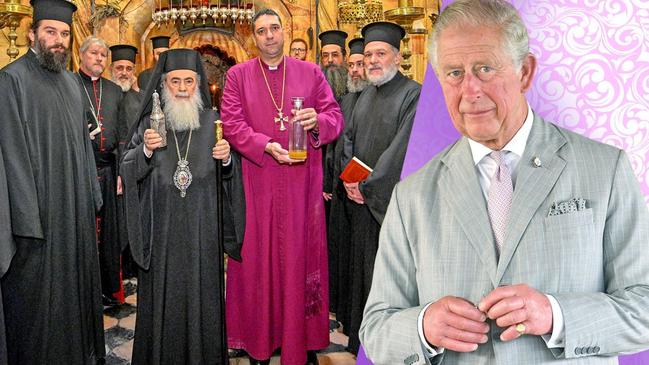
One of the most sacred parts of the coronation service will not be screened on television, Palace sources have confirmed.
The British king is to follow his mother’s example by not allowing the cameras to film the moment when he is anointed with holy oil by the Archbishop of Canterbury.
The decision comes after earlier reports suggested the King could become the first British sovereign to be anointed in public view thanks to a specially commissioned transparent canopy above the coronation chair. That has now been ruled out.
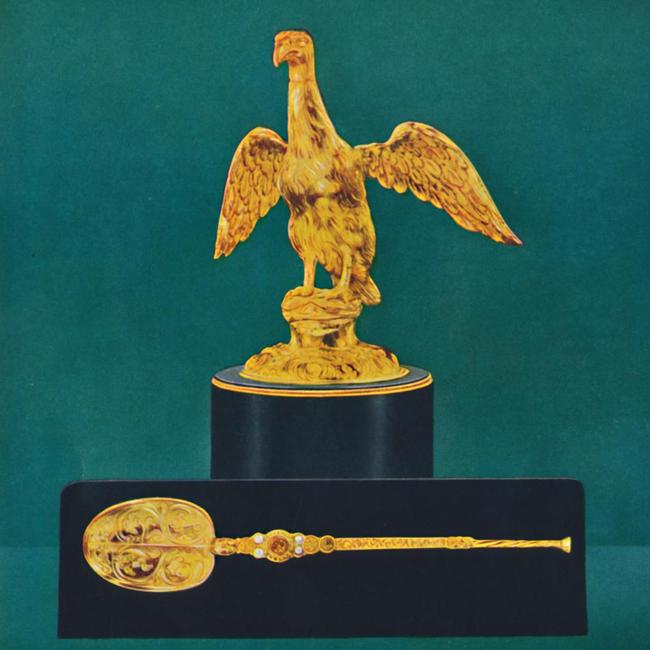
The anointment involves the archbishop pouring holy oil from a golden ampulla in the shape of an eagle into the coronation spoon. The late 12th-century silver-gilt spoon was the only one of the medieval crown jewels not melted down after the English Civil War.
The archbishop then anoints the King with the oil on his head, breast and hands. Since medieval times the ceremony, which can be traced to the Old Testament when the prophet Samuel anointed Saul to be the first king of the Israelites, has emphasised the spiritual status of the sovereign. Until the 17th century the sovereign was considered to be appointed directly by god, which was confirmed by the anointment.
When the late Queen changed her mind and agreed to televise the coronation, the one part of the service she would not allow to be filmed was the anointment.
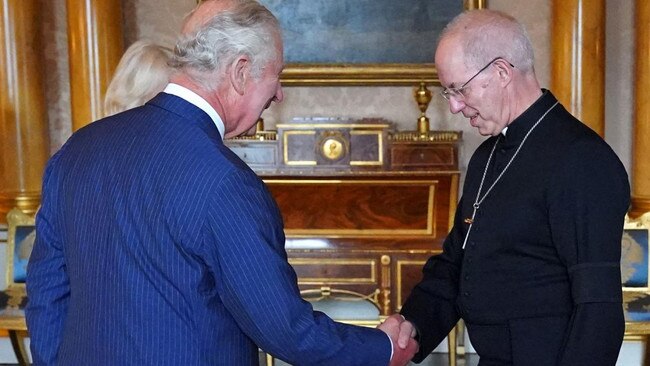
The King has decided to follow her example. “Precedent has never been for it to be a publicly viewable moment, given its sanctity,” said a royal source. “A way has been found to ensure that remains the case this time.”
Dr George Gross, a visiting research fellow in theology at King’s College London and the co-founder with Dr David Crankshaw of the British Coronations Project, said: “In 1953 a combination of Winston Churchill, who was against the televising of the whole service, the Queen and the Archbishop of Canterbury decided that the anointing ceremony was too sacred a moment to be broadcast and for this moment the cameras were paused.
“Here again one would think that the Church of England and Dean of Westminster Abbey would want to preserve the holy of holies within the service from public view.
“If it is not being shown, one would think they had pushed for that with the King’s blessing as final decision-maker.”
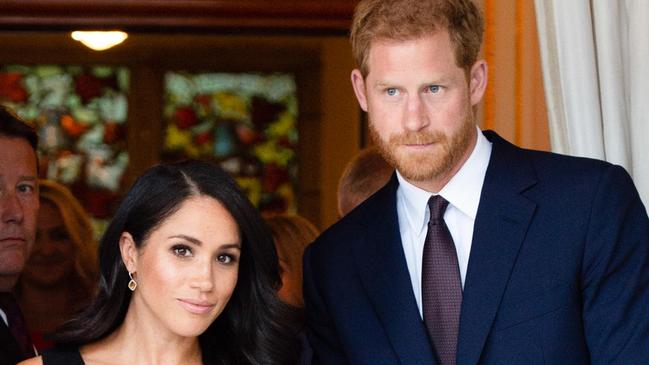
History was made last month when the oil that will be used to anoint the King was blessed outside Britain for the first time. Chrism oil was consecrated in a ceremony at the Church of the Holy Sepulchre in Jerusalem. The decision, which was taken by the Archbishop of Canterbury in consultation with the King, was in part a tribute to the late Duke of Edinburgh, whose mother is buried in Jerusalem.
The Duchess of York has not been invited to the coronation, sources have told The Times. The duchess has already said in interviews that she was not expecting an invitation. However, having spent last Christmas at Sandringham House in Norfolk, it is understood that she considers she retains a “warm” relationship with the royal family.
The Times


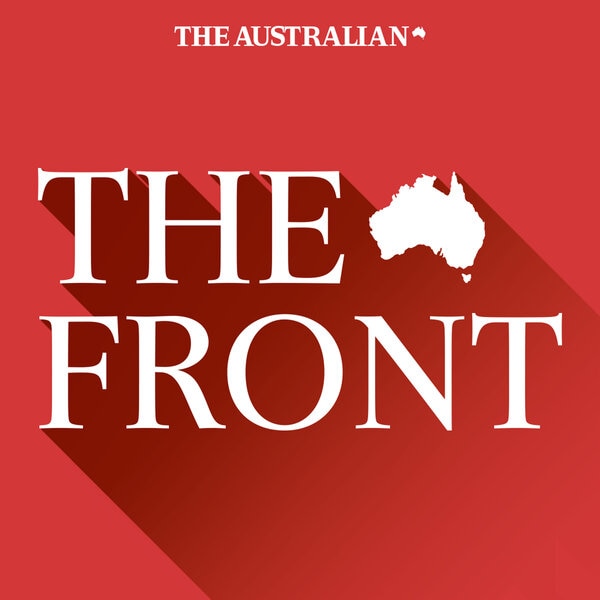
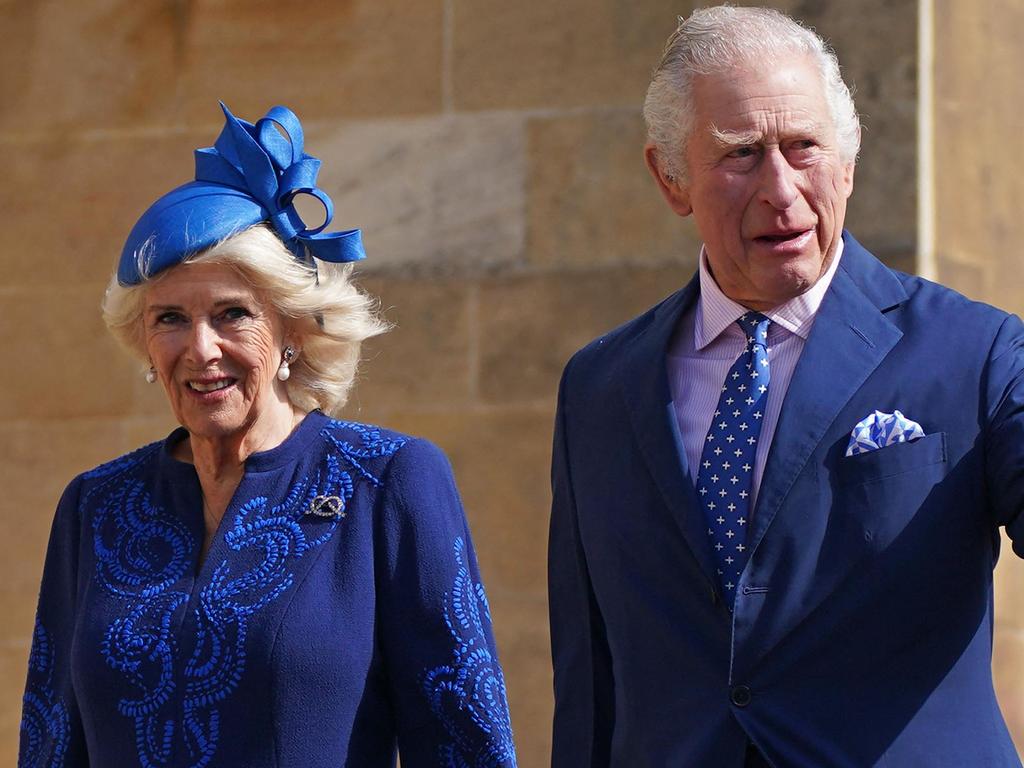
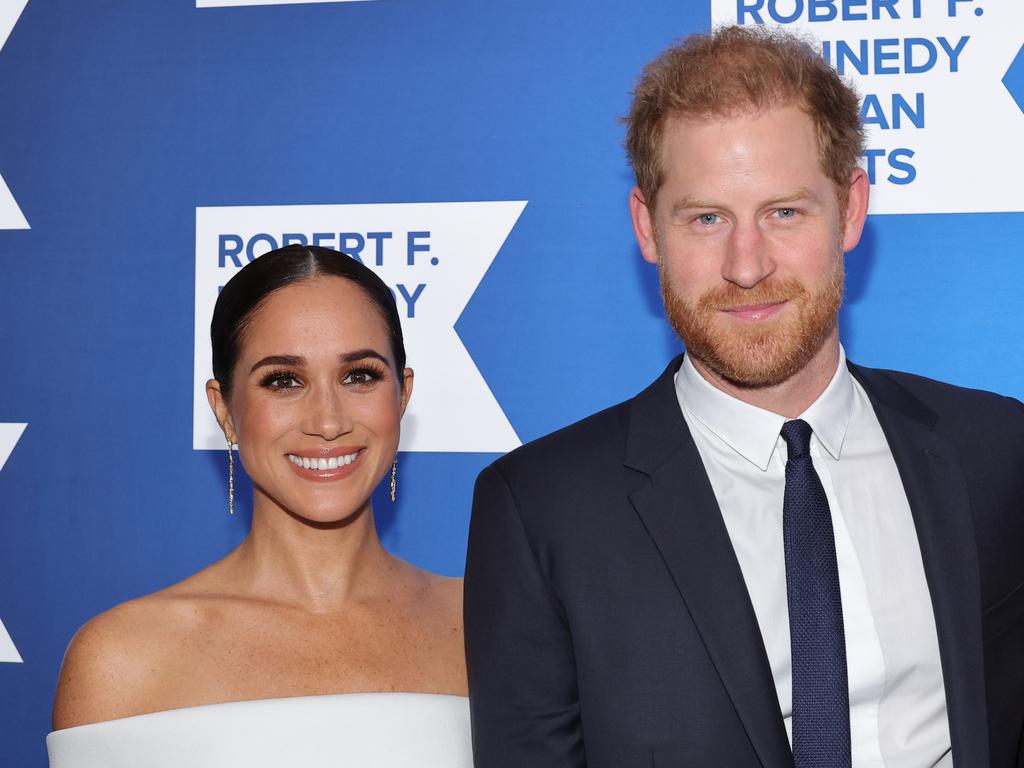


To join the conversation, please log in. Don't have an account? Register
Join the conversation, you are commenting as Logout